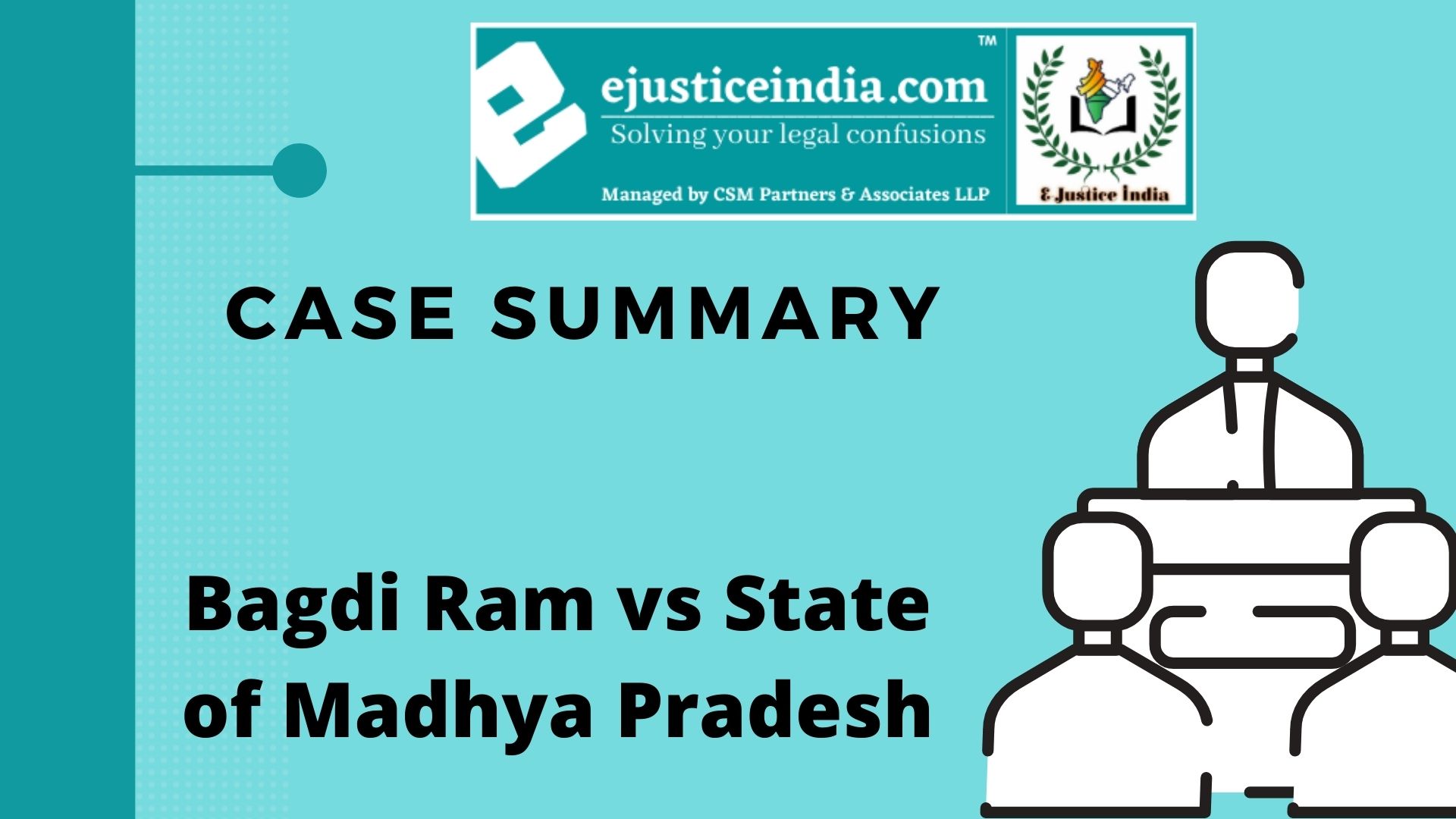Case Summary : ABUL FATA MOHAMMED VS. RASAMAY DHUR CHOUDHURI
Author : Rutambhara Nayak
Citation: (1891) ILR 18 Cal 399
Bench: J., Tottenham, J., Trevelyan
Introduction:
The above case is an example where the complexities of laws pertaining to personal laws(here, the Muslim law) is dealt with. The case decides whether or not a deed executed is a valid waqf as per the Mohammedan law and hence, the essentials of a valid waqf are also highlighted. It also stresses upon the fact that the Islamic law pertaining to inheritance of property was primarily influenced by the British laws, then. Therefore, the court made it clear in this case that family endowments are not valid waqf under the Mohamme
dan law as it would never intend to consider such an object to be pious/religious. Facts:
A deed was made executing all immovable property without listing the particular items by the Defendants (hereinafter known as D1 and D2), whereby they had declared themselves to be Mutawalis. Moreover, they also had documents like collection papers in relation to the management of property stating them to be Mutawalis. But they declared to have withdrawn their waqf subsequently in 1888 and D1 being involved in much debt, mortagaged and alienated parts of the property.
This suit was instituted by D1’s son who was also one of the beneficiaries under the waqf claiming the deed to be declared as waqf and property to be brought back from the transferee(s). The lower court after due consideration decided and passed a decree stating the deed to be wakf. But, the appeal lies against the decree before the High Court.
Issue and Fact of Law:
The question before the bench is to determine whether the deed in question is a valid waqf according to the Mohammedan law. Subsequently, whether the waqf is irrevocable if the deed is declared to be a valid waqf.
Judgment:
The honorable bench in this case decided against the decree of the lower court and thus declaring the deed to be not a valid waqfnama. For a waqf to be valid, it must be necessarily and primarily made in favor of a religious or charitable purpose and not for their own use, protecting from their own and descendants’ creditors and invalidating alienation under the garb of dedication to God.
The court arrived at this judgement after due consideration of the contentions laid down by both the parties and interpretation of the Mohammedan law as was possible on their part. The defendants were not really of the intention to give away their proprietary rights in the property as deduced from the words of the deed, although they have performed as mutawalis after such dedication of property. The contention that a perpetual settlement of property upon the descendants for their benefits with an ultimate and remote dedication of it to the poor is a valid waqf was rejected and so were the cases referred by the respondents to support their argument. The court was of the opinion that most of the cases referred were pointing towards one common fact and that was the essential criteria of sole and exclusive dedication of property for religious/charitable purposes. The court also clarified that it was not willing to accept the ruling of Fatma Bibi v. The Advocate-General of Bombay I.L.R. 6 Bom. 42 and Amrutlal Kalidas v. Shaik Hussein I.L.R. 11 Bom. 492 unless absolute support by unquestionable authority but in fact, there were stronger opposing notions.
The court here, relied on the decision of Madras High Court in Pathukutti v. Avathalakutti I.L.R. 13 Mad. 66 to lay down that a) although there might be temporary and intermediate benefits applicable to appropriator’s family but the primary purpose of such a waqf must be towards religious/caritable purposes and b) the dedication must not depend upon any contingency like extinction of the descendants as was the case here. Finally, it had based its judgment on Privy Council’s decision in Mahomed Ashanulla Chowdry v. Amirchand Kundu L.R. 17 I.A. 28; I.L.R. 17 Cal. 498 (cited by the appellants) “to refuse to recognize as a valid deed of wakf an instrument which uses a particular form of words as a veil to cover arrangements for the aggrandisement of the family and to make their property inalienable.”


